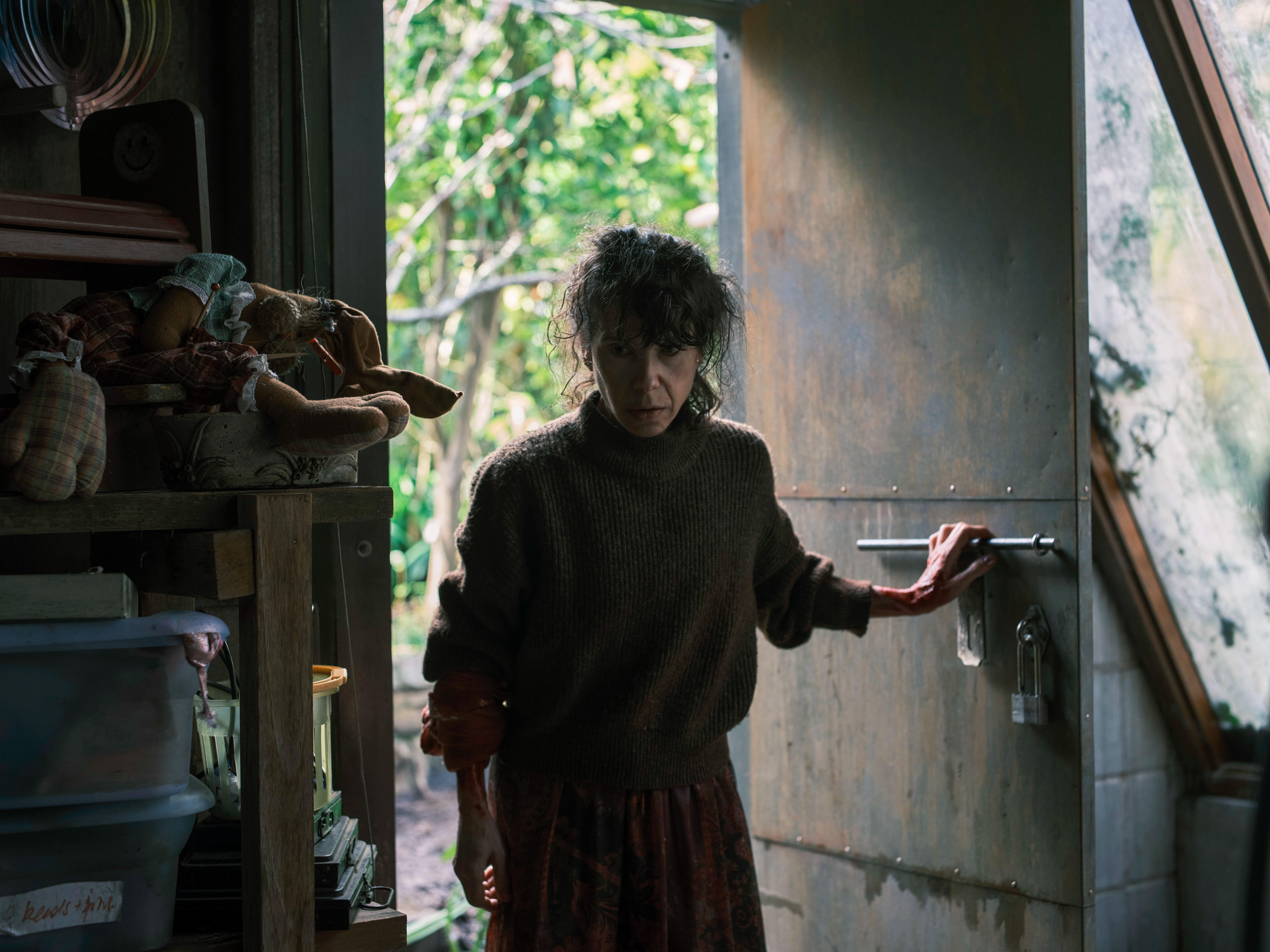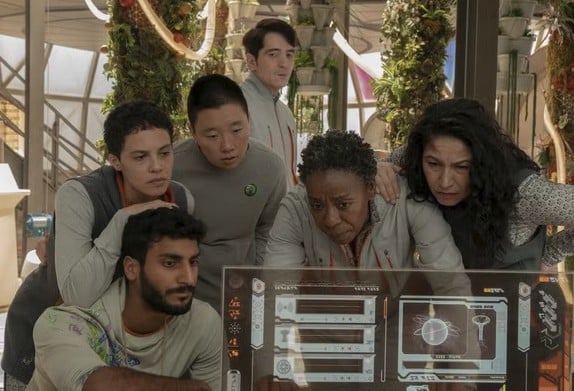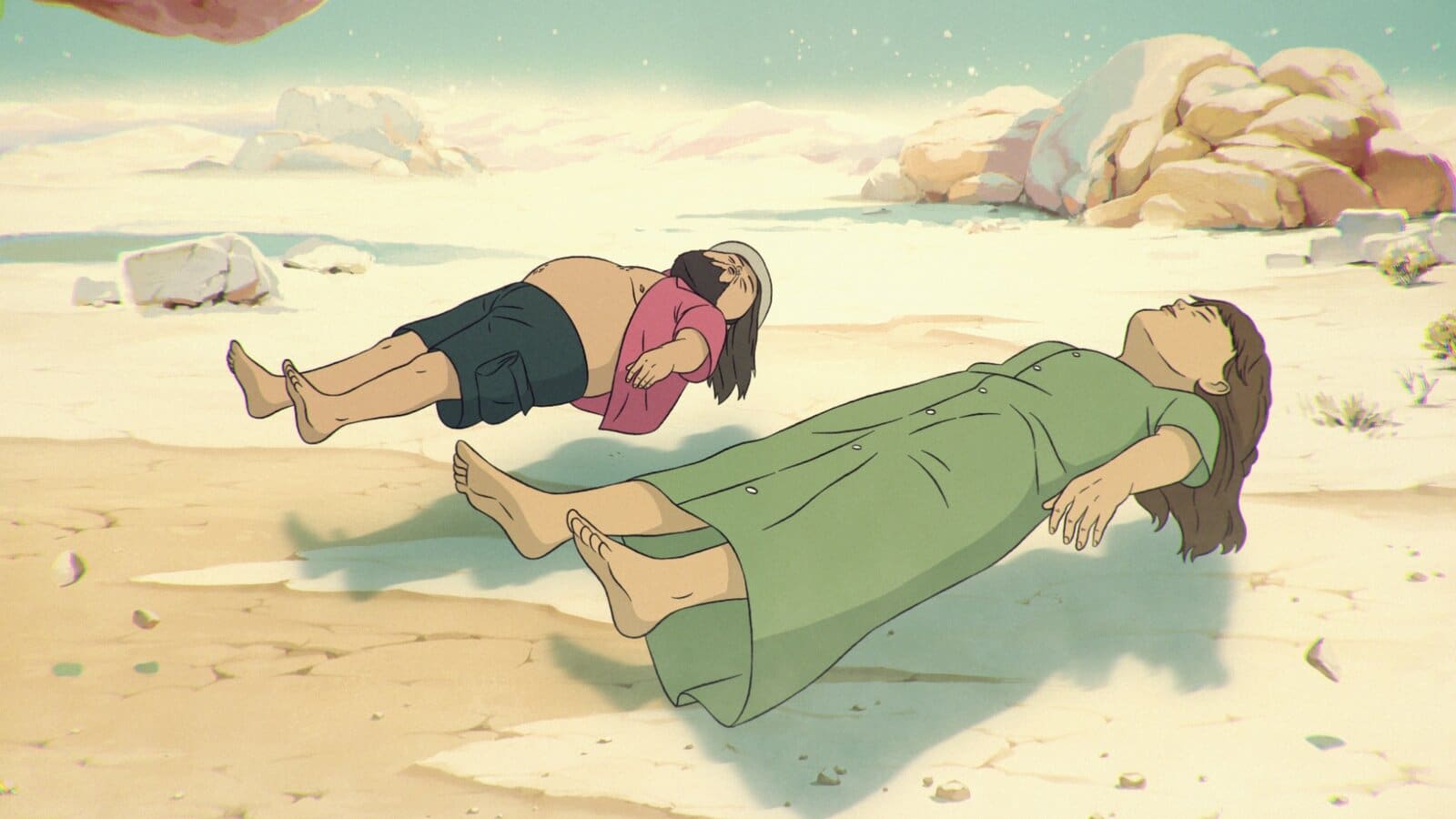Watercooler Pick
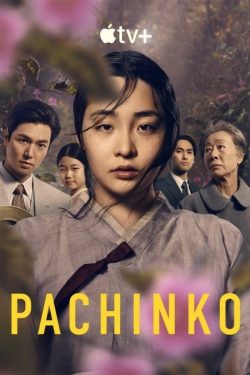
Pachinko
- Series
- Where to Find It: Apple TV+
- Rating: TV-14
- Release Date: March 25, 2022
- Seasons: 1 Season
- Episodes : 8 Episodes
- Length: 47 to 63 minutes
Recommended by:
Share on social media
Find More Watercooler Picks
Based on the novel of the same name by Min Jin Lee, Pachinko follows four generations of a Korean family as it alters between two primary timelines: one follows matriarch Sunja (Kim Min-ha) from her humble beginnings in Japanese occupied Korea in the early 1900s to her later marriage and resettlement in Japan; the other takes place in 1989 and focuses on Solomon (Jin Ha), her grandson who returns to Japan to settle a business deal.
Youn Yuh-jung, who won an Academy Award for her performance in Minari, stars as adult Sunja. Other notable cast members include Jung Eun-chae, who has starred in multiple South Korean films including Nobody’s Daughter Haewon; Lee Min-ho, who starred in the popular K-drama, Boys Over Flowers; Anna Sawai, who is part of the J-pop girl group FAKY, and Jimmi Simpson, who starred in the TV series Westworld.
Pachinko is groundbreaking for multiple reasons. It’s run by a Korean-American team with a nearly all Asian cast. The series is the first major trilingual series in the US, bouncing between Korean, English, and Japanese (and includes helpful color-coded subtitles in case you’re not fluent in all three). And to top it off, it’s a powerful story celebrating the strength and resilience of women.
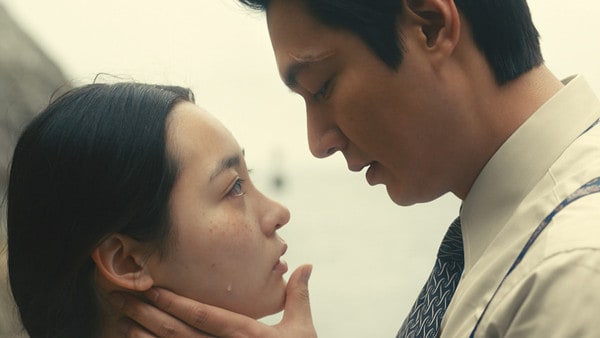
Despite bouncing between two timelines, Pachinko has a seamless flow. The two stories are not confusing because they are so beautifully interweaved and stylistically distinct. There are parallel themes that run through both stories: Solomon is eager to shed his Korean heritage after living in America; Sunja (living under the Japanese occupation in Korea) wants nothing more than to embrace it. It’s a fascinating meditation on how immigrants yearn for their homeland while the children of immigrants often feel torn between two cultures.
Another key theme is the resilience of Korea and how the Japanese occupation has continued to impact the relationship between the two countries. Sunja loses her home and her culture due to the takeover and exploitation of her homeland. For Koreans who were brought to Japan (like Sunja), life was not easy. They were often mistreated, forced to work dangerous jobs, and faced with blatant discrimination. The Zainichi Koreans are often not studied in history courses, and neither are their offspring, who often hid their Korean heritage out of shame. Long after the occupation, the effect of this abuse still bleeds into Japanese culture. Solomon is not trusted when he walks into a Japanese boardroom, nor does he entirely trust his Japanese counterparts. The nuances of this historically strained relationship are lost on his American bosses and colleagues. It’s just another example of how this crucial part of history is often glossed over (especially in history courses in America), but this context is necessary to understand the two cultures today. It’s an important history lesson that doesn’t hold back.
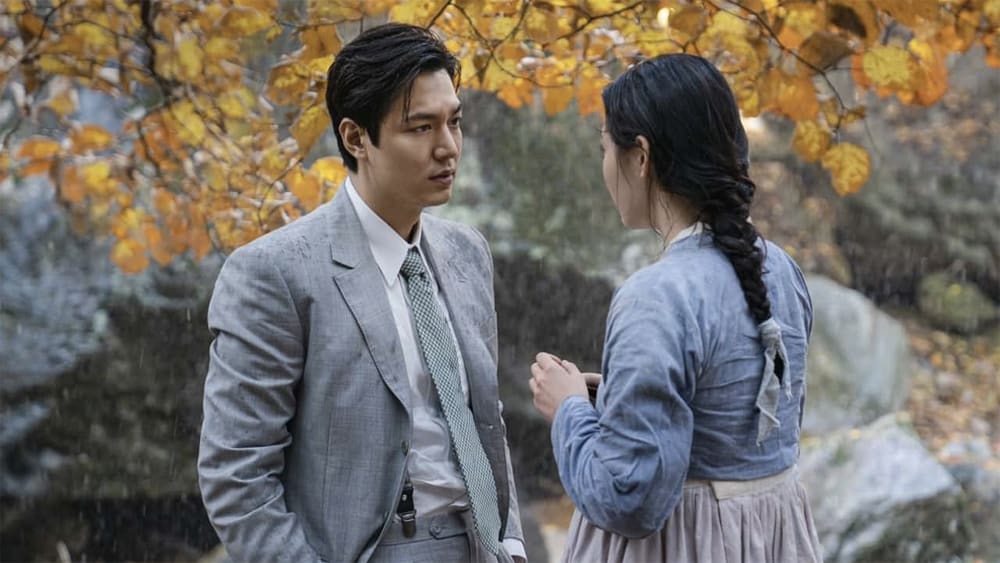
While this is a historical drama, what makes Pachinko truly remarkable is the way the series captures emotions. The characters face a number of catastrophes throughout the season, including (but not limited to) death, disease, clashes with law enforcement, breakups, and fires, all of which are not treated as plot points but with careful nuance. Each actor brings their character’s heartache, pain, and joy to life. This could easily be another depressing drama, and while it is dark, there is an underlying hope embedded in Sunja, the shining beam of Pachinko. That spirit is exemplified in the joyful opening credits, which feature the cast of characters dancing in the family-owned Pachinko parlor. So if you’re the kind of person who tends to skip past opening titles, you might want to reconsider for this show.
A beautiful, sweeping, historic epic that spans generations, wars, strife, and peace, consider this one for a family watch. It will enlighten as it makes you cry, but also root for the characters’ remarkable tenacity.
13+. Anyone who loves period pieces, history, or family dramas. Due to some of the heavy material that is covered, it isn’t ideal watching for any little ones you may have. Teenagers, however, could watch the series with their parents.
A lot of research went into the making of the series (and the book). For instance, when Youn Yuh-jung speaks Japanese, she speaks it with a Korean accent, which is reflective of the Zainichi. Min Jin Lee actually interviewed multiple Zainichi women as she wrote the book to ensure the accuracy of her story. Many of their stories were embedded into the novel and the show.

Sarah Mina Osman



